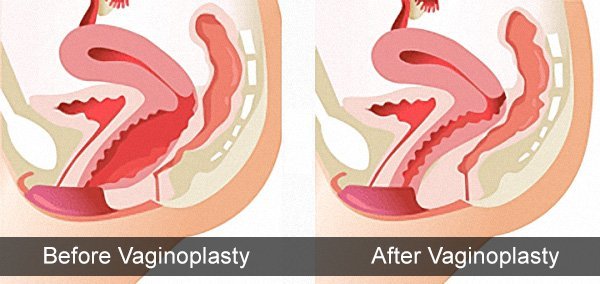An anal fistula is an abnormal tunnel that forms between the inside of the anus or rectum and the surrounding skin. It typically develops after an infection in an anal gland leads to an abscess, which then creates a passageway. Common symptoms include pain, swelling, redness around the anus, and drainage of pus or blood. Treatment usually involves surgery to drain the fistula and close the opening, although some may require more complex procedures. If left untreated, anal fistulas can lead to recurring infections, discomfort, and other complications.
What is Top Anal Fistula Treatment
- Anal fistula treatment typically involves surgical procedures to drain the infection and remove the abnormal tunnel.
- Fistulotomy is a common procedure where the fistula is cut open to allow healing from the inside out.
- Seton placement is used in more complex cases, where a surgical thread is placed to keep the fistula open and promote healing.
- Flap surgery may be required for deeper or more complicated fistulas to close the opening and promote healing.
- Antibiotics are sometimes prescribed to manage infection and reduce inflammation before or after surgery.
Benefits of Top Anal Fistula Treatment
- Effective infection control by draining the abscess and closing the abnormal passage, preventing further infection. This reduces recurring pain and the risk of abscess formation.
- Improves quality of life by relieving pain, swelling, and discomfort caused by the fistula. Successful treatment can restore normal daily activities and comfort.
- Prevents complications like recurrent infections, incontinence, or fistula recurrence with proper surgical care. Early treatment helps avoid long-term issues and improves outcomes.
- Long-term healing through surgical interventions, allowing for full recovery in most cases. Treatment can close the fistula permanently, reducing the need for future interventions.
Frequently Asked Questions
What is an anal fistula?
What are the common symptoms of an anal fistula?
What causes an anal fistula?
The most common cause is an abscess, which forms when an anal gland becomes infected, leading to the formation of a fistula. Other causes can include Crohn’s disease, trauma, or previous surgery.

